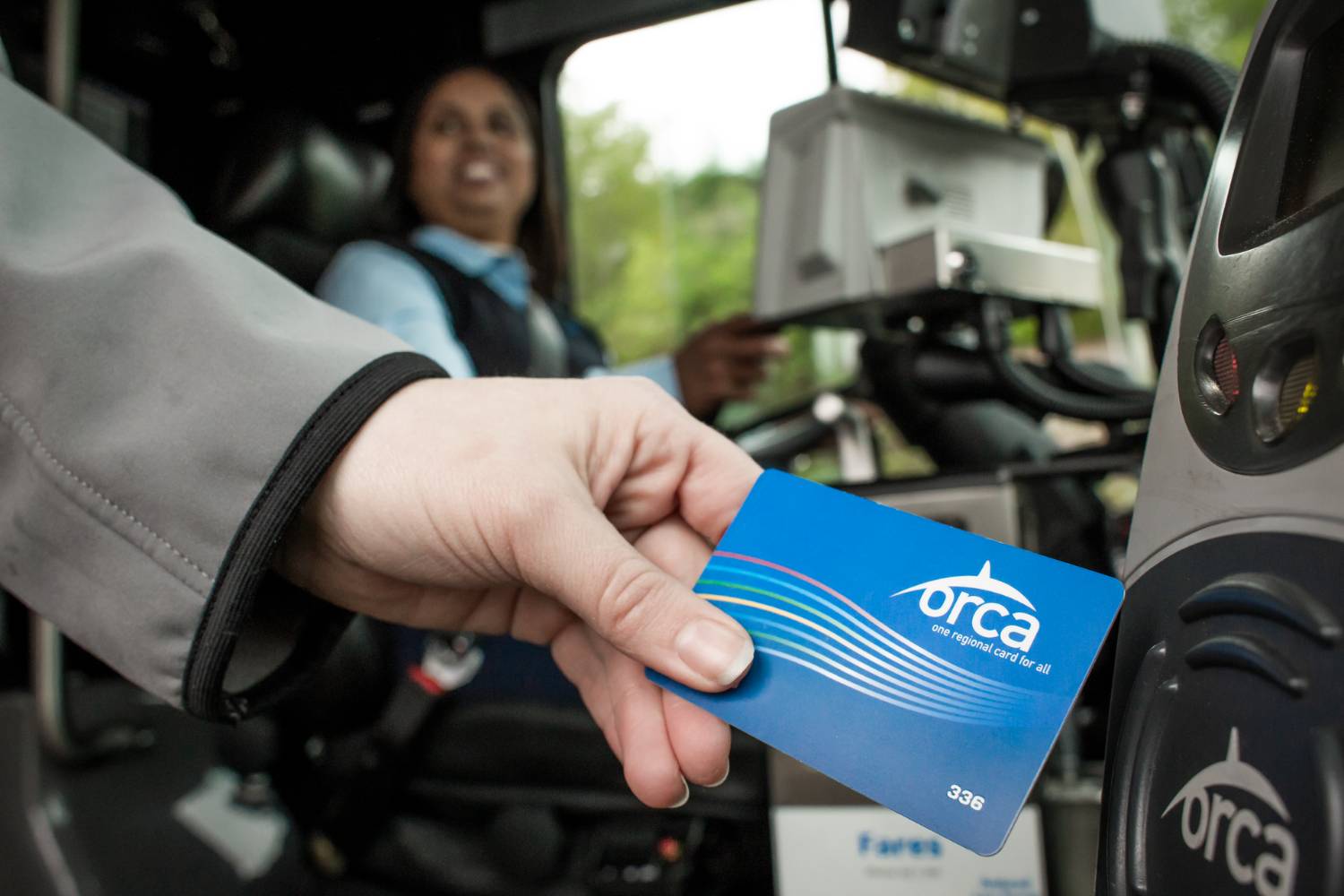Getting around Tulalip / Quil Ceda with Community Transit

Community Transit is here to get you where you want to go. We are proud to be a part of the Tulalip / Quil Ceda community — we live here, ride here, and drive here. Wherever you need to go in Tulalip / Quil Ceda, feel good about how you get there.
About Tulalip / Quil Ceda
The Federal Government recognizes the Tulalip Tribes as a sovereign Indian Tribe operating under a Tribal Constitution approved by the Secretary of Interior. Tulalip employs over 3,500 people working for the Tulalip Tribes, many of whom work in the Tribes' business enterprises: Tulalip Resort Casino, Quil Ceda Creek Casino, Tulalip Bingo, Leasing, Tulalip Broadband, Salish Networks, Tulalip Data Services, Tulalip Liquor & Smoke Shop, and Quil Ceda Village.
Tulalip / Quil Ceda and is home to many regional destinations. People traveling to and from the area can choose from multiple transit options. Community Transit offers regional bus service to Tulalip via Route 222. Quil Ceda Village offers shopping, dining, and entertainment including a casino. The Tulalip Resort provides shuttle service to and from other hotels, shopping and popular attractions. Everything in Quil Ceda Village is also within walking distance. Tulalip Transit is a rural public transportation option designed to provide service to areas of the Tulalip Tribes Reservation. Tulalip Transit provides a free public transportation service. Community Transit also Provides DART paratransit service and Vanpool to local riders who qualify.



.webp?sfvrsn=9c3a2be1_2)